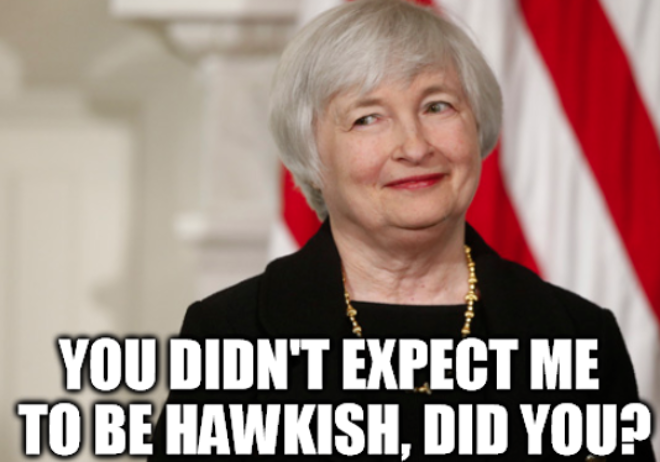Advertisement
Advertisement
FOMC Hawks Keep The Dollar Rising
By:
The euro dipped 11 points to trade at 1.1210 falling 10% as the US dollar gathered additional strength after additional Federal Reserve members took
The euro dipped 11 points to trade at 1.1210 falling 10% as the US dollar gathered additional strength after additional Federal Reserve members took hawkish tones on Monday. The greenback moved to trade at 95.32 up by 90 points in the morning session. The Fed surprised investors when the central bank’s meeting minutes released last week opened the door to a rate hike as early as in June, roiling financial markets. Topping the agenda this week is whether US data adds to the likelihood of a June or July rate increase. the US dollar gained against the euro, but slipped against the yen on Japanese trade data and US resistance to currency intervention from Tokyo.
San Francisco Federal Reserve President John Williams and Reserve Bank of Philadelphia President Patrick Harker said Monday they see two or three rate increases in 2016, adding to a chorus of pro-tightening commentary from policy makers.
Futures traders assign a 54 percent chance the Fed will raise rates from the current range of 0.25 percent to 0.5 percent by July, topping 50 percent for the first time since March. The odds of a move in December have also increased to 76 percent from 58 percent at the end of last month.
The dollar index, which measures the greenback against a basket of six major rivals, was last up 0.03 per cent to 95.36. Lackluster PMI data for the Eurozone weighed on the shared currency. Services and composite PMI for the Eurozone all reported in the red. The upside surprise was data out of Germany. Over the next two days German will release business and consumer sentiment data. A Purchasing Managers Index for the euro area’s largest economy rose to 54.7 in May from 53.6 in April, London-based Markit Economics said on Monday. Even so, new orders expanded at the slowest pace in 10 months.
“A first look at today’s survey results is encouraging, as output growth accelerated for the first time in 2016,” said Oliver Kolodseike, an economist at Markit. “However, we should not be too complacent about these numbers and should instead view them with some caution. There was evidence that some companies raised activity levels in order to process backlogged work, rather than as a result of rising new business.”
The German economy expanded 0.7 percent in the first quarter, the most in two years. With unemployment at a record low and prices stagnant, growth has been driven mostly by domestic demand.
German companies reported rising input prices for the first time in five months, mostly as a result of higher staff and fuel costs, Markit said. At the same time, selling prices remained largely unchanged as businesses tried to remain competitive.
Greece’s European creditors are preparing to disburse 11 billion euros once the nation successfully completes a review of its bailout program. The funds will be used to clear arrears and to cover debt servicing needs, including a 2.3 billion-euro payment scheduled to the European Central Bank in July, according to a draft of the European Commission’s compliance report for the Greek economic program seen by Bloomberg News. After a six-month delay, the euro zone is likely to say on Tuesday that Greece has passed the reforms needed to unblock 10 billion euros in new loans, but Athens won’t get debt relief because of differences between the bloc and the IMF.
According to Bloomberg the yen has appreciated about 10 percent against the U.S. dollar this year, the biggest gainer among the Group of 10 currencies, on speculation the Bank of Japan is running out of options to reach a 2 percent inflation target. The USD/JPY is trading at 109.41.
Japan has no intention of further weakening the exchange rate to boost competitiveness, Finance Minister Taro Aso told parliament on Tuesday. The yen had its biggest one-day slide against the greenback this month on Monday. Japanese and U.S. finance chiefs had remained divided over whether yen-selling intervention was warranted following Group of Seven meetings on the weekend.
About the Author
Barry Normanauthor
Advertisement
